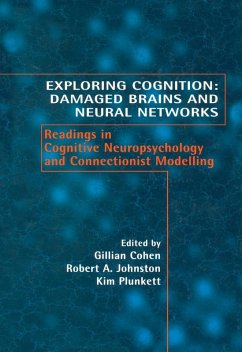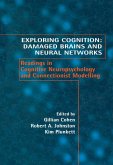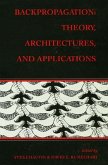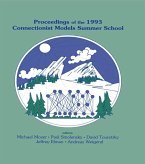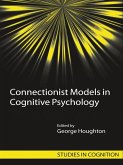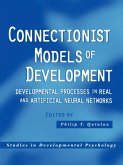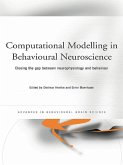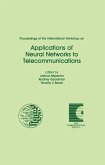Exploring Cognition: Damaged Brains and Neural Networks analyses the contribution made by cognitive neuropsychology and connectionist modelling to theoretical explanations of cognitive processes. Bringing together evidence from both damaged brains and neural networks, this exciting and innovative approach leads to re-evaluation of traditional theories: connectionist models lesioned to mimic the residual function of the damaged brain and rehabilitated to simulate the process of recovery suggest underlying mechanisms and challenge previous interpretations.In this reader key articles by leading international researchers are combined with linking commentaries that provide a context, highlight the conceptual themes and evaluate the evidence. Carefully selected to include hotly debated topics, the papers cover, among others, the controversies surrounding explanations for category specificity in object recognition and for covert recognition of faces and words; the mechanisms underlying the use of regular and irregular past tenses; and the reading of regularly and irregularly spelled words. The challenges posed by connectionist models to assumptions about the nature of dissociations, the need for symbolic rule-based operations in language processing and the modularity and localisation of processes are assessed.Exploring Cognition: Damaged Brains and Neural Networks will be of interest to advanced undergraduates, postgraduates and researchers in cognitive neuropsychology and cognitive neuroscience.
Dieser Download kann aus rechtlichen Gründen nur mit Rechnungsadresse in A, B, BG, CY, CZ, D, DK, EW, E, FIN, F, GR, HR, H, IRL, I, LT, L, LR, M, NL, PL, P, R, S, SLO, SK ausgeliefert werden.

